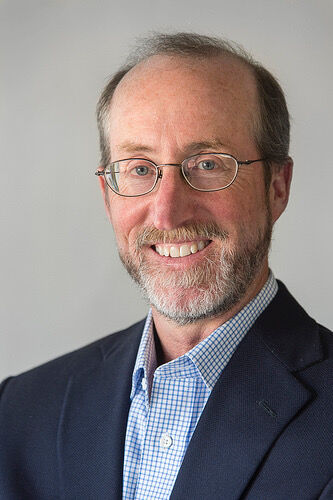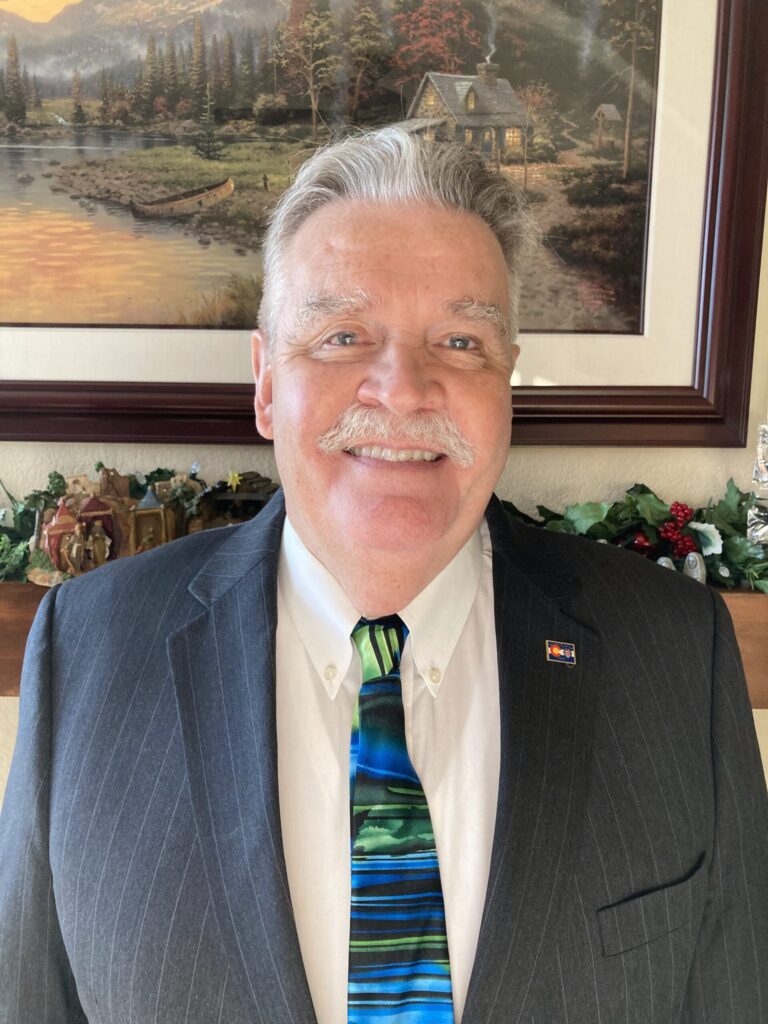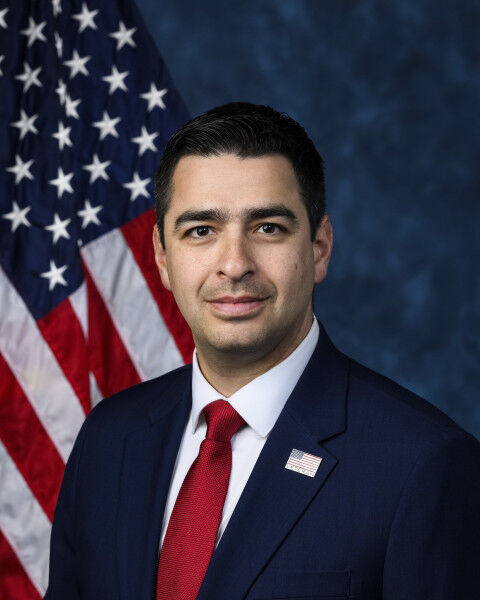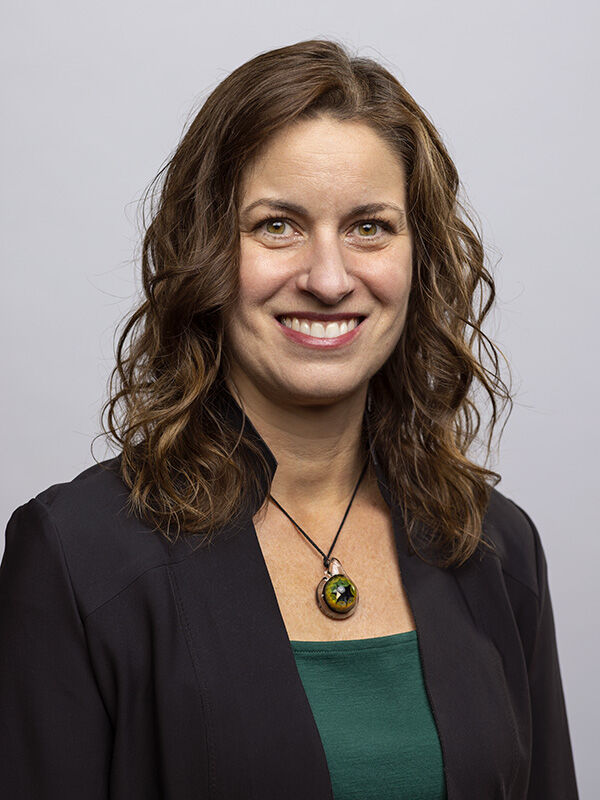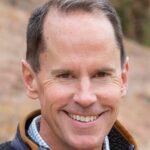The state’s ‘Healthy Kids’ survey not healthy for all | Colorado Springs Gazette
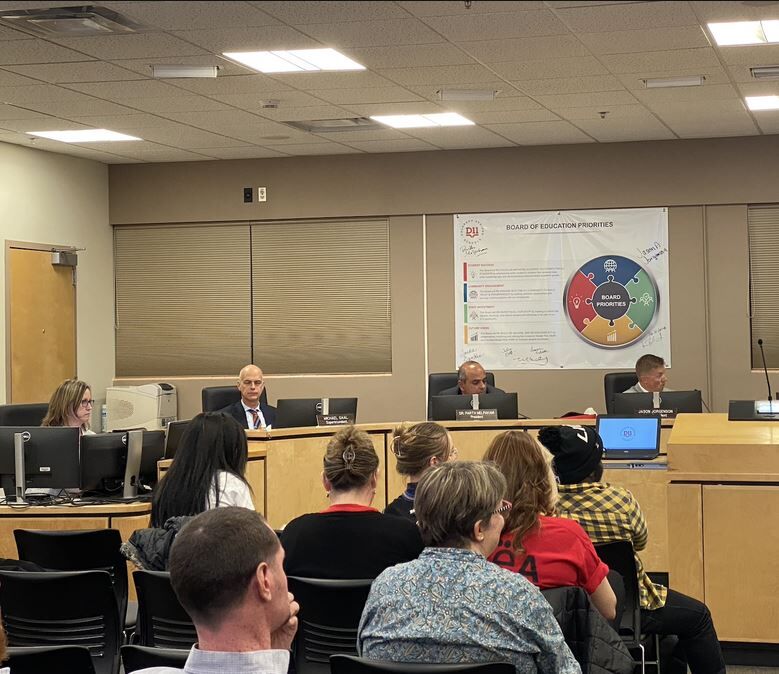
The School District 11 Board of Education continues showcasing what other districts should learn. The public funds schools to improve the lives of children, not to promote social agendas and delve into the personal traits of students.
With that guiding principle, the D-11 board on March 8 began the process of improving district-wide policy on student surveys. The survey that ignited this conversation is the “Healthy Kids” survey, which is administered every two years to middle schoolers across Colorado. State and local policymakers often cite the survey’s findings to justify the need for proposed laws, new curriculums, policies and potential programs involving children.
Schools conducted the last survey on an “opt-out” basis, meaning that the district administered the survey to every student unless a parent had the knowledge and foresight to object. D-11 might administer this year’s “Healthy Kids” survey, along with other surveys that ask personal and sensitive questions, only to children opted in by their parents or guardians. The district would not survey without affirmative consent by a person bringing up the child.
The typical age for a child entering middle school in the sixth grade is 11. The first question asks for an age, and assumes the child taking the survey could be “10 or younger.”
Parts of the survey are inappropriate for children under any circumstances, but especially inappropriate if conducted surreptitiously without parental approval.
Lots of questions are relatively helpful, such as one trying to determine whether children wear helmets while riding bicycles. Others are far less appropriate for middle-school students.
“What is your gender identity?” Optional answers include “Genderqueer/Nonbinary” and “questioning.” Another wants to know if children resent the bodies they were created with.
“Some people describe themselves as transgender when their sex at birth does not match the way they think or feel about their gender. Are you transgender?” the survey asks.
It is not the potential answers that raise concerns. Children of all varieties are the country’s greatest asset, and no one should judge any one of them harshly for sexual or gender traits. It is the invasion of each child’s privacy that makes this process so objectionable.
Survey authors apparently recognize that 11-year-olds or those “10 or younger” might not understand the identities mentioned in the question. As such, they included the optional answer, “I do not know what this question is asking.” With this option, authors effectively concede they know how young some of the students are.
Despite the “I do not” understand option, the survey goes on to ask “Which of the following best described you? Heterosexual, gay or lesbian, bisexual, or asexual, I describe my sexual identity some other way, I am not sure about my sexual identity,” and again, the “I do not know what this question is asking.” If an adult asked these questions of an 11-year-old in nearly any other setting, the courts would order him to stay at least 100 yards from a children’s playground. Yet, the question is considered acceptable – without parental consent – if asked in a 6th-grade classroom.
The survey asks, “Have you ever had a sexual experience where you were unsure if you gave your fully-granted consent to the other person?” And “Have you ever forced someone to have sex with you when you knew they did not want to?” The survey is asking 11-year-olds, or those who identify as “10 years or younger,” if they have committed rape.
All told, the survey poses 100 exhausting questions delving into marijuana use, sex, cigarettes, suicide, and other extremely sensitive topics. Many parents have no idea schools will ask such questions of their children, yet the onus is on them to opt a child out.
That must change. The District 11 and others throughout Colorado should make it an opt-in survey or quit conducting it.
The other variable in this problem is that of the teachers who oversee these surveys. Beyond the stressors of teaching students and grading papers, we now ask them to be the first ones in the room to respond to the inevitable questions children will confront them with while administering these surveys. In most cases, the survey forces teachers to contend with topics few have the expertise to address. Most teachers are not psychologists.
Neither are coroners. For reasons we don’t understand, El Paso County Coroner Leon Kelly – who The Gazette has long endorsed – chose to take sides on the surveys. He said that D-11’s new opt-in policy could “sabotage” mental health for students.
Why Kelly thinks he’s qualified to opine on mental health is a mystery. As he himself said during his campaign last year, “That’s entirely what the job is, applying forensics to medicine, investigating deaths.” Dr. Kelly has no credibility or expertise on the value, benefits, or appropriateness of administering sexualized surveys to living children.
Parts of the Healthy Kids survey are highly inappropriate for middle-schoolers. At the very least, schools should consult with parents before these questions are asked of their children. The D-11 board made the right move, putting children and parents first and embarking upon improving this misguided opt-out survey policy.
Colorado Springs Gazette Editorial Board






